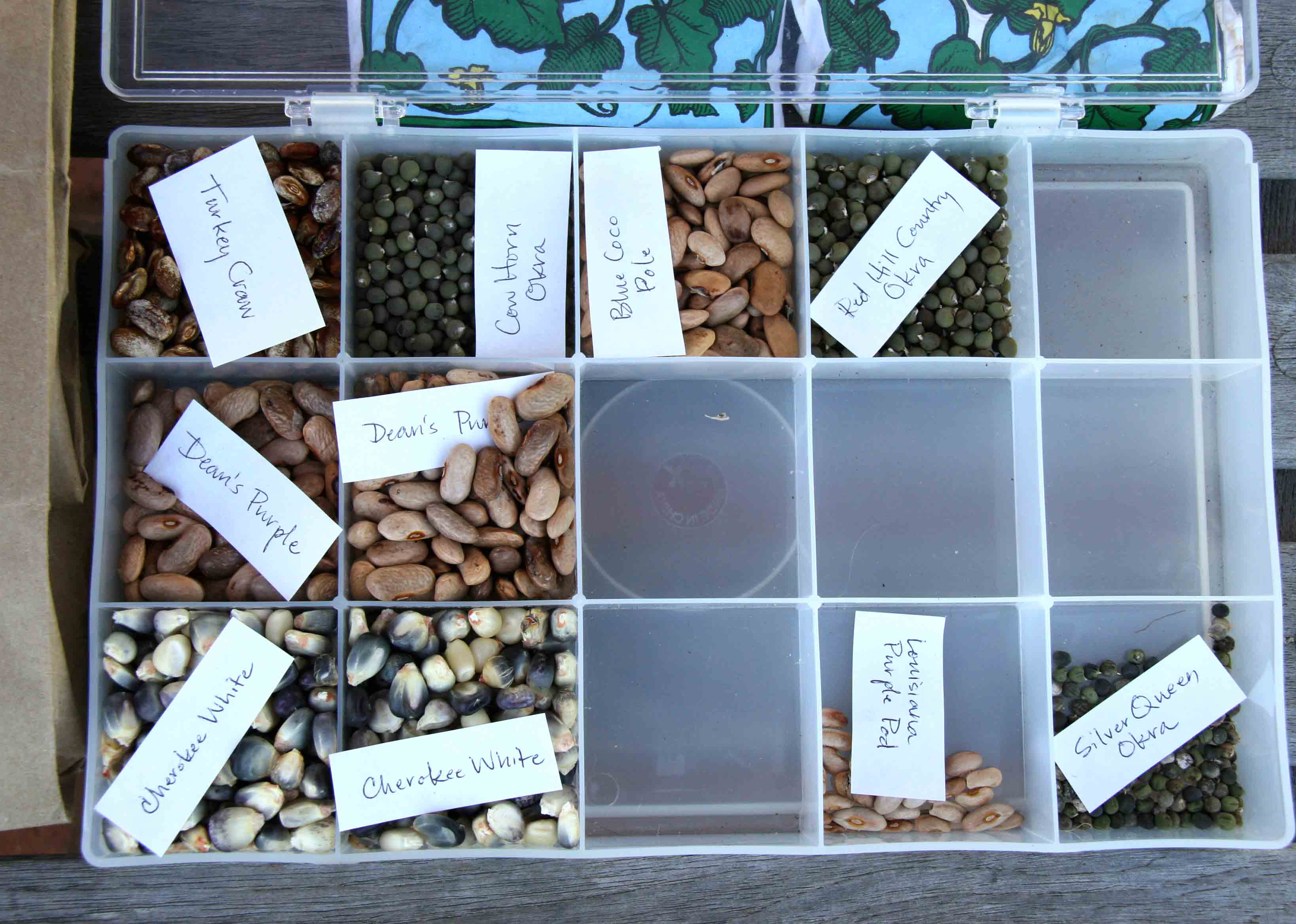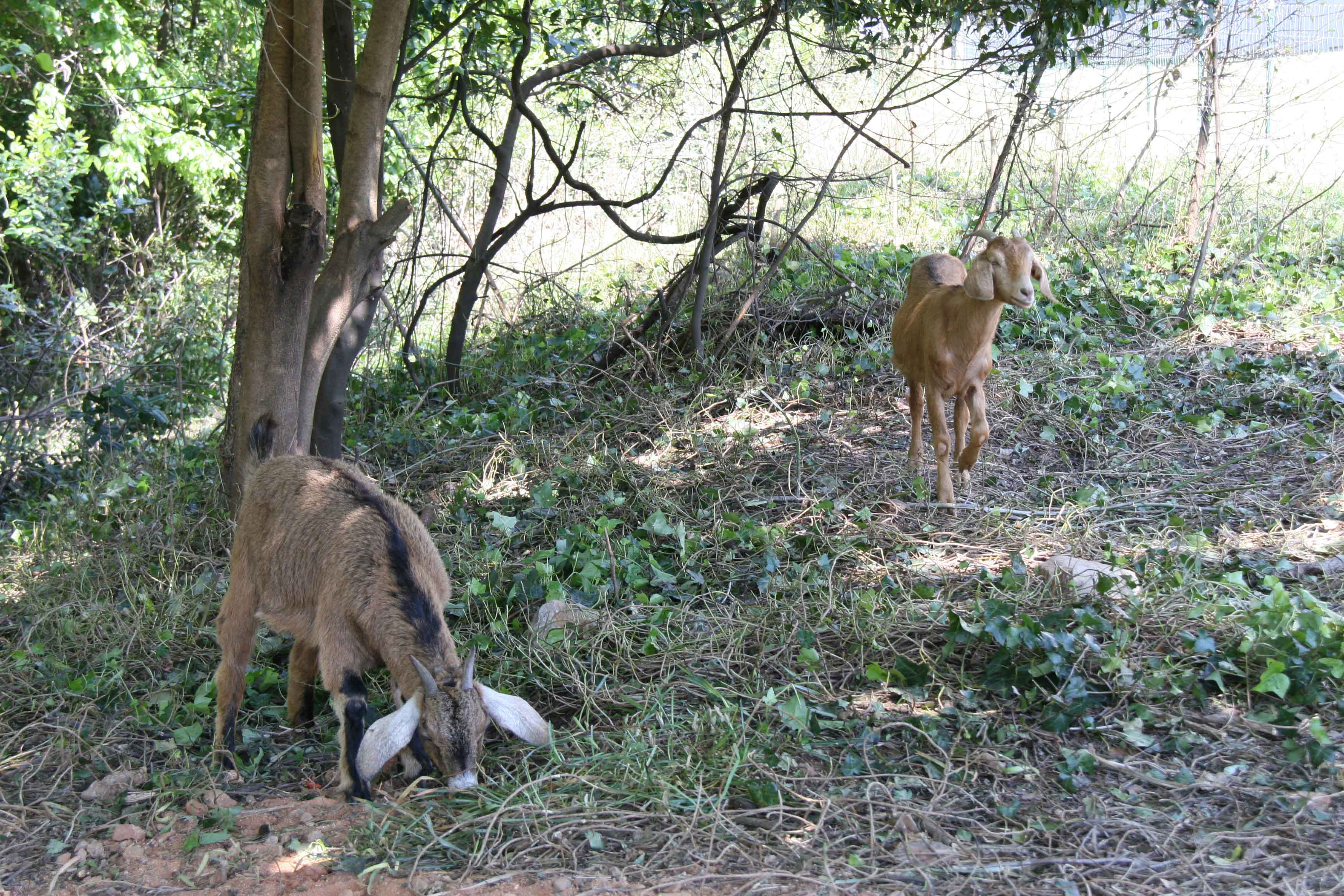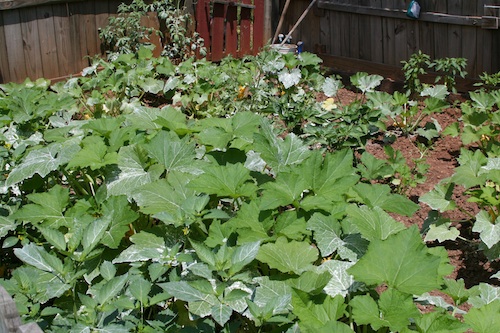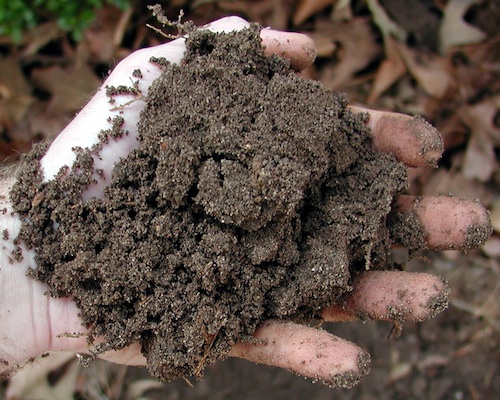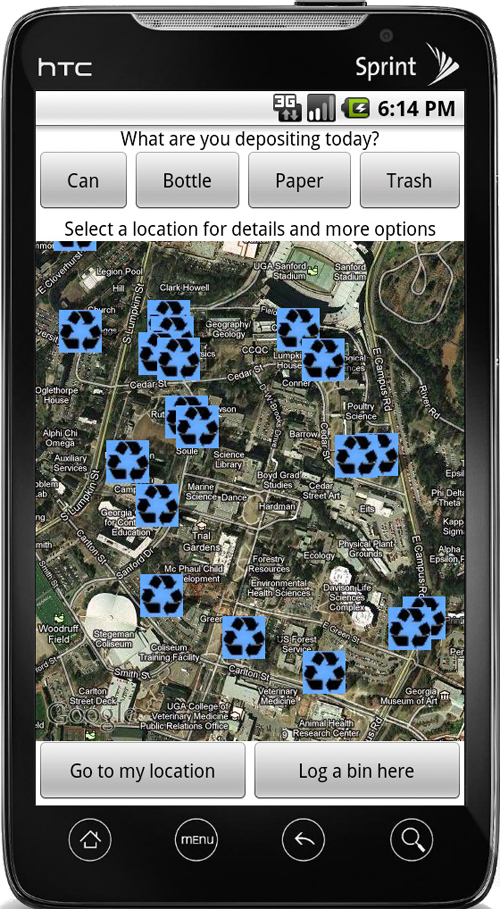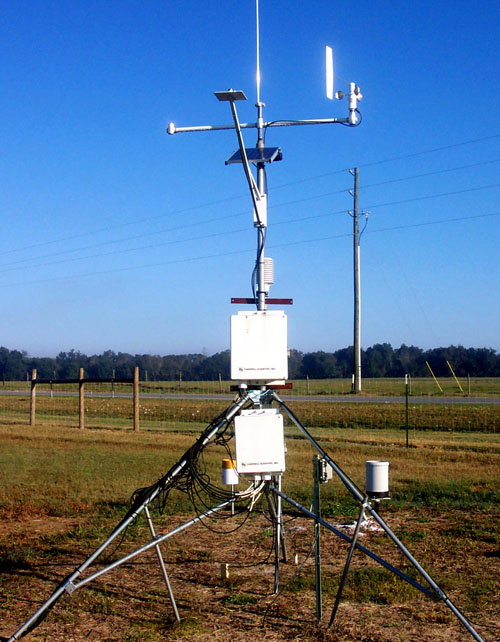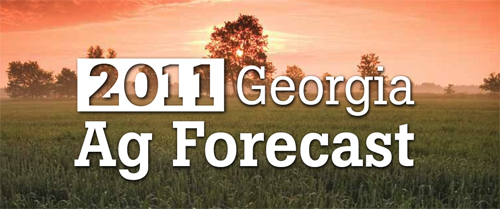 CAES News
CAES News
Growing more on less land
University of Georgia College of Agricultural and Environmental doctoral student Erico Rolim de Mattos envisions a world where exploding human populations, global climate change and land overdevelopment has rendered mankind incapable of producing enough food to sustain humanity.
This scenario is a very real possibility, and it has captured the minds of specialists from organizations like NASA and the United Nations.

